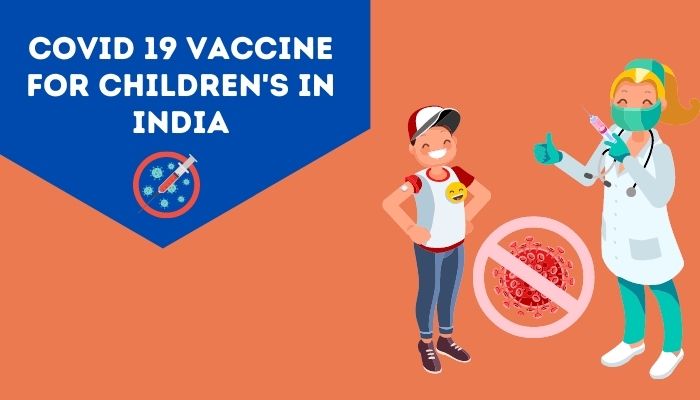The answer is yes. However, it depends on how the patient contracted the first strain. Suppose they were infected with only one strain of coronavirus. In that case, there is a chance of getting infected by another strain from someone else who has been diagnosed with a second different but related coronavirus. This means that if your friend was diagnosed with SARS and you got infected after being in their vicinity or touching something they touched, then you can get sick again and catch what your friend had earlier.
It was first observed in an older woman, a resident of Belgium. She died because of contracting two strains of the coronavirus. Scientists began their studies and started calculating the causes, symptoms, effects, etc.
In recent reports, Brazil had 2 cases of people who got infected from two strains of coronavirus at the same time. Scientists in Brazil are doing extensive genomic sequencing and samples to have accurate observations.
Findings from the observations of these cases
The incidents are about having a co-infection and contracting two strains of coronavirus at the same time. These incidents are separately occurring, but they have a lot of similarities.In the case of an older adult from Belgium, the scientist found out that she had contracted coronavirus trains, namely the Alpha variant and the Beta variant. The Alpha variant is said to originate from the United Kingdom, and the Beta variant is assumed to have originated from South Africa.
This older woman was admitted to the hospital because of an injury, and she went to get the PCR test done. She got diagnosed with a co-infection. The woman developed a very severe respiratory disorder, and as a consequence, she died within five days of the diagnosis. Further investigation into her death resulted in her hadn't getting vaccinated.
Is it possible for people to get co-infections?
There aren't many cases reported about people getting ko infection from covid-19 globally, yet scientists believe co-infection is possible. Scientists have proven in research that co-infections from respiratory infections causing viruses are not uncommon and are very likely to happen. It is high time to go deep into the study and safeguard our populations from this additional risk of co-infection. Viruses are mutating and evolving and getting more dangerous with time. Scientists need to research covid-19 and the possible infections in a better way to make populations aware of the diseases and risks and to protect the people who are at a high risk of mortality.How concerned are we about coronavirus mutations? What are the possible implications of co-infection? Who should we be worried about contracting covid 19 from?
As per WHO, at least four different types of COVID can infect humans: COVID 1, COVID 2 (HCOV-OC43), COVID 3, and COVID 4. The COVID-1 is the most common strain which infected more than 80% of the population in Bangladesh. COVIDs 2, 3, and 4 are common COVID species in people with standard immune systems. However, if someone's immune system is compromised, all other strains can be hazardous. Co-infections are more likely to occur in people with suppressed immune systems or patients who have lost their immunity after an organ transplant, for example.There are also different strains of coronavirus, which are pretty similar to Covid-19. They can cause severe respiratory infections. They are named as HCoV-OC43, NCoV and SARS coronavirus. While it is common to get co-infections from different coronavirus strains, it is sporadic that people get ko infection from two close coronaviruses like covid 19 and N-CoV or Sars coronavirus.
Other implications could be that this might result in a greater risk of mortality, and management of the infections will become a challenge for healthcare providers. One needs to be much more careful about managing these co-infections as there is a possibility that they might get used to one strain and not take appropriate precautions during treatment or care for infections caused by other strains.
People at high risk for contracting co-infections are the ones who have weak immune systems or compromised immune systems like organ transplant patients, cancer patients, people with auto-immune diseases, people having chronic lung conditions, and also children less than six months old. However, healthy populations can get infected too, but they might get away with a more manageable treatment than people having low immunity.
The most vulnerable population infected with covid is the elderly, pregnant women, and children below five years. Pregnant women are at a greater risk because their immune system has already reduced in strength due to the tremendous hormonal changes they undergo during pregnancy and younger children.
So far, countless people got infected by COVID 19 globally. COVID 19 is taking its time to spread and infect people in a significant proportion.
Your risk of contracting COVID 19 through someone in your family is very high. You can get infected by COVID 19 if you live in an area where people are at risk of getting infected by it. If you are care-taking a Covid-19 patient at risk of COVID 19 infection, the chances of getting infected also increase.


